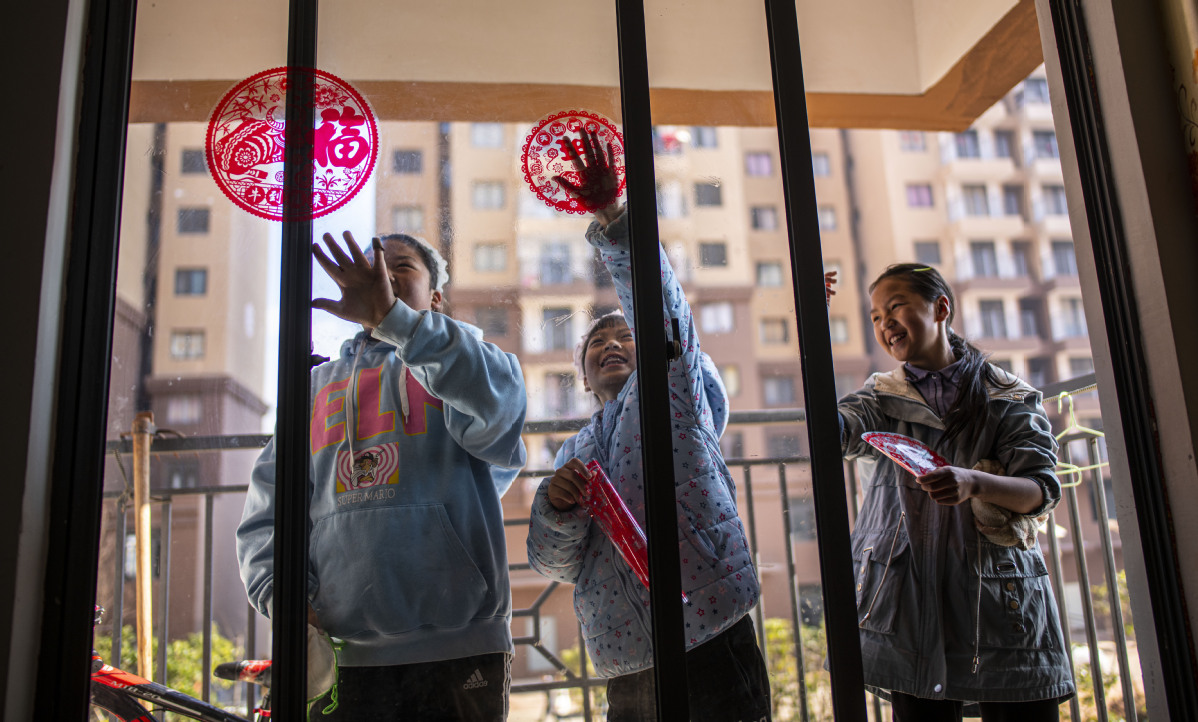Backbone of the nation bears load


International cooperation
With COVID-19 afflicting countries all over the world, Shabbir says the pandemic has revealed the strengths of the China-proposed Belt and Road Initiative and the way it functions.
"International cooperation in the health sector has been a firm component of China's BRI," Shabbir says.
He recalls that back in January 2017, China and the World Health Organization signed a memorandum of understanding to jointly implement an initiative that focuses on health and jointly establish the "Health Silk Road". Later in August, a communique was adopted by countries involved in the BRI to synergize efforts in medical emergency response and epidemic prevention.
Since the emergence of the pandemic, the Chinese leadership has been promoting the health aspect of the Belt and Road as it is essential for building a global community of a shared destiny, Shabbir says.
He says that China, in addition to sending medical resources and medical experts, is also providing timely assistance to Pakistan to help protect its people with vaccinations.
Pakistan launched its COVID-19 vaccination drive on Feb 2 with donations of vaccines from China. At the time, the country had confirmed around 500,000 infections, with nearly 12,000 deaths, according to data from the World Health Organization.
"China's commitment to work with the rest of the world toward a community of shared future reaffirms its long-standing foreign policy for peace," Shabbir says.
In terms of its intellectual origins, the scholar says: "The commitment draws inspiration from ancient Chinese philosophy relationships between diversity and unity, order and chaos, and humanity and nature.
"It also builds on Marxist theses on social community and contemporary Western theories of international relations."
Shabbir cites China establishment, during the Cold War, of the famous Five Principles of Peaceful Coexistence.
" (China) pledged that as a new independent third-world country, it would never seek hegemony in any form, but a more just international economic and political order," Shabbir says.
The five principles comprise mutual respect for sovereignty and territorial integrity, mutual nonaggression, noninterference in each other's internal affairs, equality and mutual benefit, and peaceful coexistence. It was first set forth by China's then-premier Zhou Enlai in 1953 and remains a diplomatic guide for the country.
Shabbir, having hosted delegations from the CPC at the China-Pakistan Study Centre and visited China several times for meetings, Shabbir says the CPC is "a wonderful organization".
One important thing he took note of is that in the CPC, people down the ladder are also well-trained and that a systematic improvement mechanism allows them to gradually move up the ranks.
"It's a very great idea that you put people in various tiers and train them about politics, governance, and various issues that you can find as a political entity," the scholar says.

































